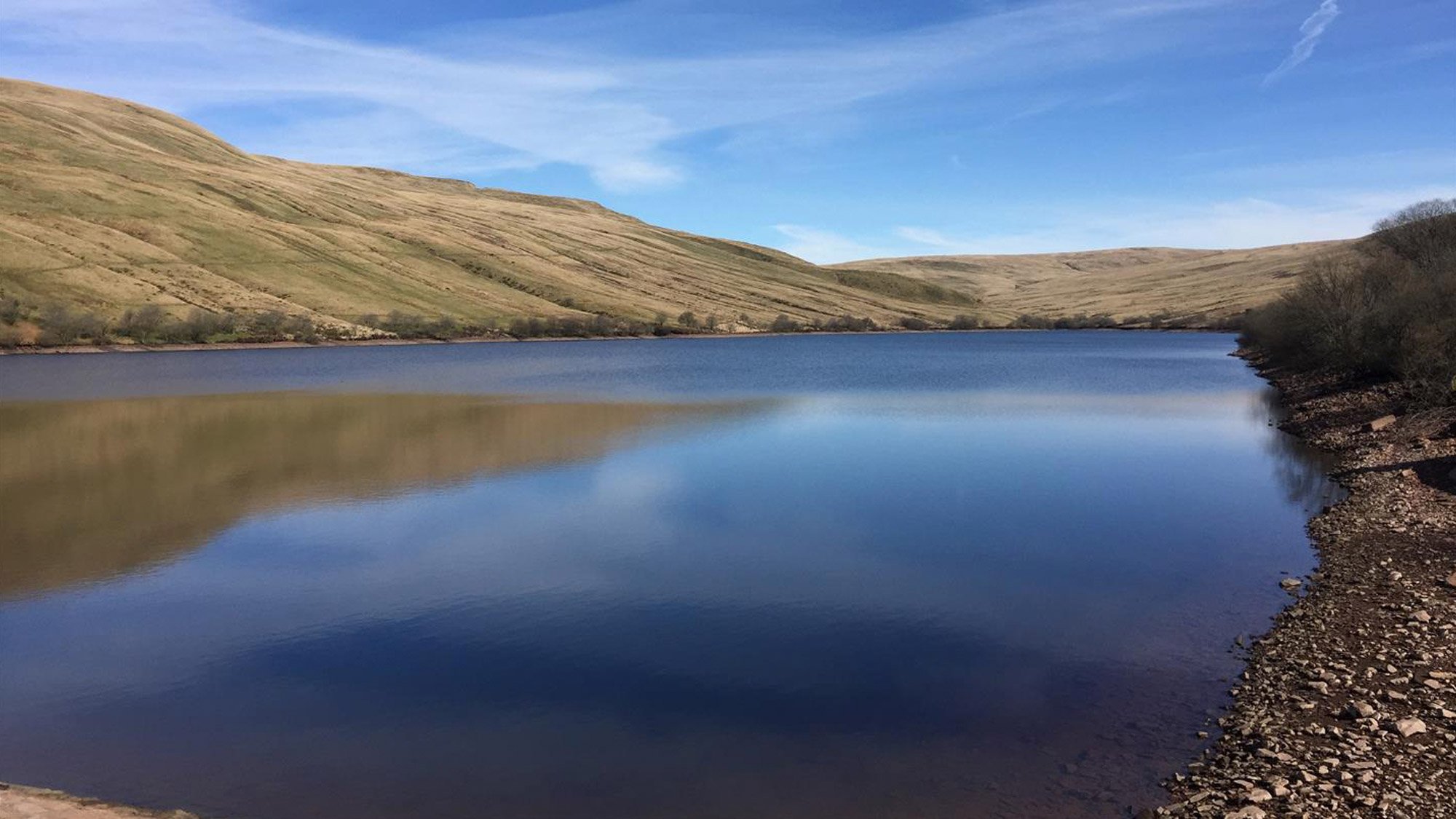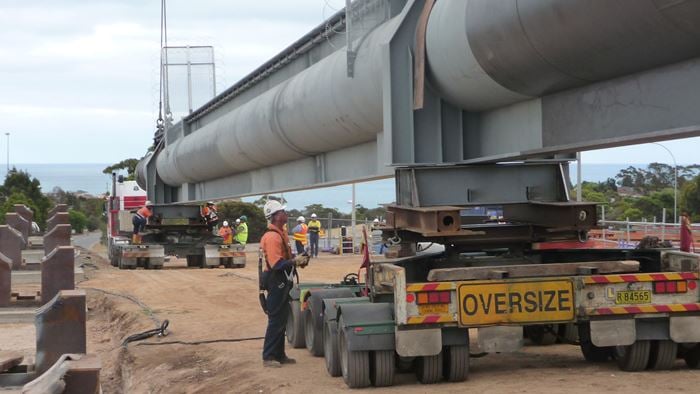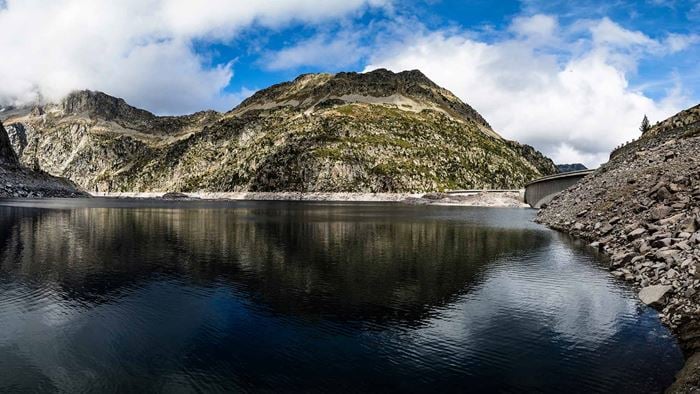Climate change, population growth, invasive species – from global trends to unforeseen shocks, water companies are constantly having to deal with risks that can leave them counting the cost both financially and to their reputation. We worked with Welsh Water to develop a pioneering resilience strategy to anticipate, adapt, respond to and recover from the challenges they know about – as well as the ones they don’t – so they can continue to meet their customers’ needs and expectations.
More than three million people…
That’s how many people rely on Welsh Water for drinking water, as well as for taking away their wastewater. And it’s not just a matter of continuously providing a high quality, utterly essential service to that many people. It’s also a question of planning for shocks and stresses, sometimes totally unexpected ones. The future uncertainty caused by stresses such as climate change, Brexit and industrial change may lead to more varied and less predictable crises over the coming decades.
Project Summary
26,500 kilometres of water mains
30,000kilometres of sewers
30year-long business strategy
Crises can cost tens of millions of pounds
Take flooding, for example. Floods like the ones the North of England saw in the winter of 2015 and 2016 are becoming more common, and can cost water companies in the tens of millions of pounds. There’s also the risk of other unforeseen shocks, such as power outages, cyber attacks, asset failures, contamination and fire.
We created a holistic strategy for 2050
These costly issues have made it clear that water companies need to be prepared for every eventuality. They need a strong, resilient strategy so they can recover with minimal damage.
Our challenge was to help Welsh Water create a business strategy for the next 30 years that mitigates the risks posed by all kinds of shocks and stresses. But how you help an absolutely essential service plan for the unknowable?
A new way of thinking about resilience
First, we identified around 60 shocks and stresses that Welsh Water might be vulnerable to. We then developed a best practice resilience framework, drawing on our global experience of resilience planning for cities and infrastructure, and applied this framework to identify areas of best practice and areas for improvement within Welsh Water. From the application of the framework, we arrived at a series of initiatives that can embed resilience into all aspects of the business including people, infrastructure, use of natural resources, finances, leadership and strategy.
We’ve helped hundreds of clients around the world
From our 100 Resilient Cities project to our work with National Rail mapping the vulnerability of their assets and locations, we had a lot of experience to draw from – plus a range of in-house specialists ready to solve this challenge. We reviewed best practice, held workshops with the client and collaborated with experts at Cardiff University to equip Welsh Water with the right tools and knowledge to respond to various types of change, from environmental to political.

Taking the industry forward
This is one of the first projects to build resilience to a wide range of challenges in all aspects of a water business. As the world changes, essential services like this are going to have to copy with increasingly complex challenges – and we’ve created a strategy that’s going to kickstart the kind of innovative thinking that’s needed to prepare for and respond to shocks and future stresses in the decades to come.
 ;
;





